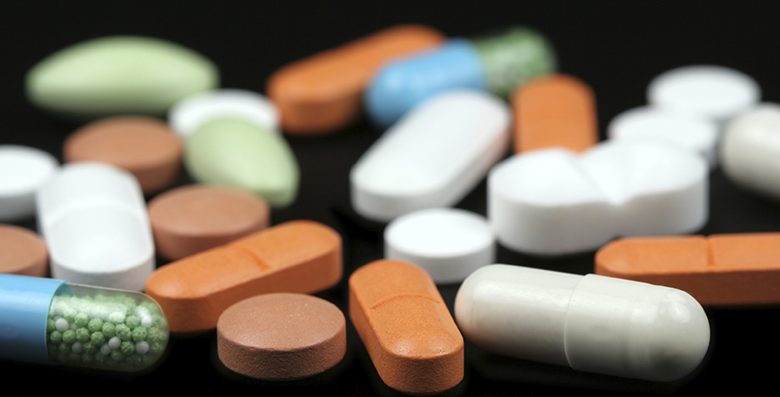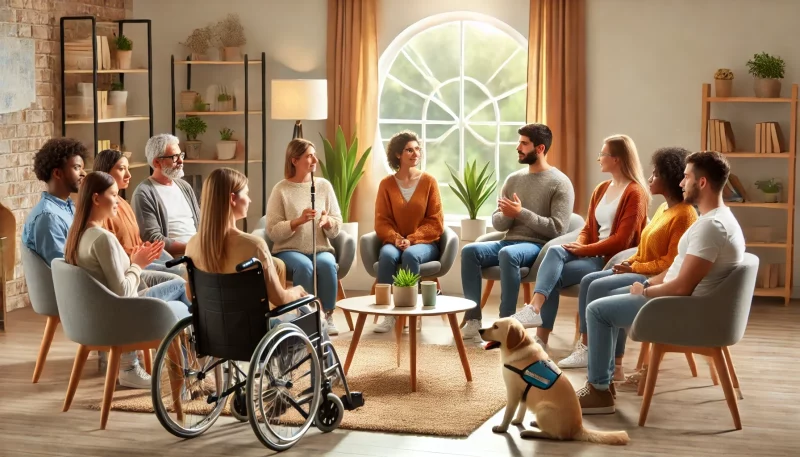
Disability and drug addiction: is there a connection?
Understanding the Link Between Disability and Addiction
Living with a disability can bring both joy and challenges. For some, factors like chronic pain, isolation, or the need for medication management may make addiction a greater risk. But these challenges do not define anyone’s potential for recovery or happiness.
Key factors that contribute to addiction among disabled people include:
- Chronic pain and medication use: Prolonged use of pain relief medications may sometimes lead to dependency.
- Social isolation: Feeling disconnected from community and support can create vulnerability to substance misuse.
- Mental health pressures: Conditions like anxiety or depression may coexist with addiction and require holistic care.
It’s essential to approach addiction with compassion and focus on solutions tailored to individual needs. Such as recovery solutions for people living with disabilities, ensuring accessibility and addressing mental health challenges. They can find comprehensive support at sophrosrecoverytampa.com.
Breaking Barriers: Accessing Support
Virtual Treatment Options: How Telemedicine Helps with Addiction Treatment
Telemedicine has changed how people get help for addiction. It makes treatment easier to access, especially for people with disabilities.
Why Virtual Programs Help
- No need to travel – You can join from home.
- Easy access for people with disabilities – No need to worry about stairs, long trips, or public transport.
- Safe and private – Sessions happen through secure video calls.
- Full support – Includes therapy, group discussions, and educational sessions.
An Example: Ray Recovery’s Virtual Outpatient Treatment in Ohio
Ray Recovery offers a Virtual Intensive Outpatient Program (IOP) in Ohio. This program helps people get treatment online, using modern technology. It is designed for those who have trouble traveling or getting to in-person sessions.
Who Can Benefit?
- People with mobility issues.
- Those who live far from treatment centres.
- Anyone without easy access to transportation.
Virtual outpatient programs make addiction treatment more inclusive and convenient. They help more people get the care they need, without physical barriers.
Immediate Support Resources
- Samaritans: Call 116 123 for 24/7 confidential support.
- Frank: Call 0300 123 6600 for drug advice.
- Alcoholics Anonymous: Visit their website for local meetings and support.

Recovery is possible, and many organizations are working to ensure disabled people can access inclusive and accessible services. Here are some starting points:
- Accessible treatment programs: Services such as Turning Point provide addiction support tailored to disability needs.
- Online therapy and virtual support groups: Technologies like video conferencing allow people to seek help from the comfort of their homes.
- Community initiatives: Local councils often run inclusive recovery programs for disabled residents.
For help in your area, explore the NHS directory of addiction recovery services.
Stories of Strength and Hope
Recovery journeys vary, but many disabled people have shared powerful stories of overcoming addiction:
Shaun Ryder, renowned frontman of the Happy Mondays and Black Grape, has openly shared his journey from addiction to recovery, offering inspiration to many facing similar challenges. In the 1980s and 1990s, Ryder battled heroin addiction, a struggle that persisted for about two decades. His path to sobriety began around 2002, largely influenced by the support of his wife, Joanne, and his family. Adopting cycling as a new passion played a significant role in his recovery, providing a healthy focus and aiding in overcoming his dependencies.
In addition to his past substance use, Ryder was diagnosed with Attention Deficit Hyperactivity Disorder (ADHD) and dyslexia later in life. These diagnoses offered clarity on challenges he faced since childhood, including difficulties with reading, writing, and concentration. Understanding these conditions has been pivotal in managing his behavior and supporting his children, some of whom have similar diagnoses.
Ryder’s transformation is evident in his current lifestyle. He has been drug-free for over two decades and has shifted his focus to family, music, and television projects. His story underscores the possibility of overcoming addiction and the importance of support systems, personal determination, and finding new passions to replace harmful habits.
Breaking the Cycle: Stories of Strength and Recovery
Overcoming addiction while living with a disability can seem daunting, but countless people have proven that recovery is possible with the right support. Here are some ways to get started:
- Focus on your strengths: Many disabled people report discovering new capabilities and building lasting resilience through recovery.
- Find a supportive community: Accessible organizations like Scope and Turning Point offer tailored help and celebrate every milestone of progress.
- Seek professional help: From addiction helplines to inclusive rehab centres, there are options that respect and address your unique needs.
Remember, you’re not alone, and every step forward is a victory.
Helpful Resources for Disabled People Facing Addiction
Whether you’re beginning your recovery journey or supporting someone else, here are some organizations that can help:
- Scope: Advocacy and advice for disabled people and their families.
- Mind: Mental health and addiction support with inclusive resources.
- We Are With You: Recovery-focused charity offering specialized help for young disabled people.
Take the First Step
If you or someone you know is struggling, remember: recovery is possible, and support is available. Every small step is a victory worth celebrating. For confidential help, contact Samaritans at 116 123 or Frank at 0300 123 6600.
Visit the NHS Addiction Support page to find services near you.
Originally posted on 31/03/2016 @ 12:30 am